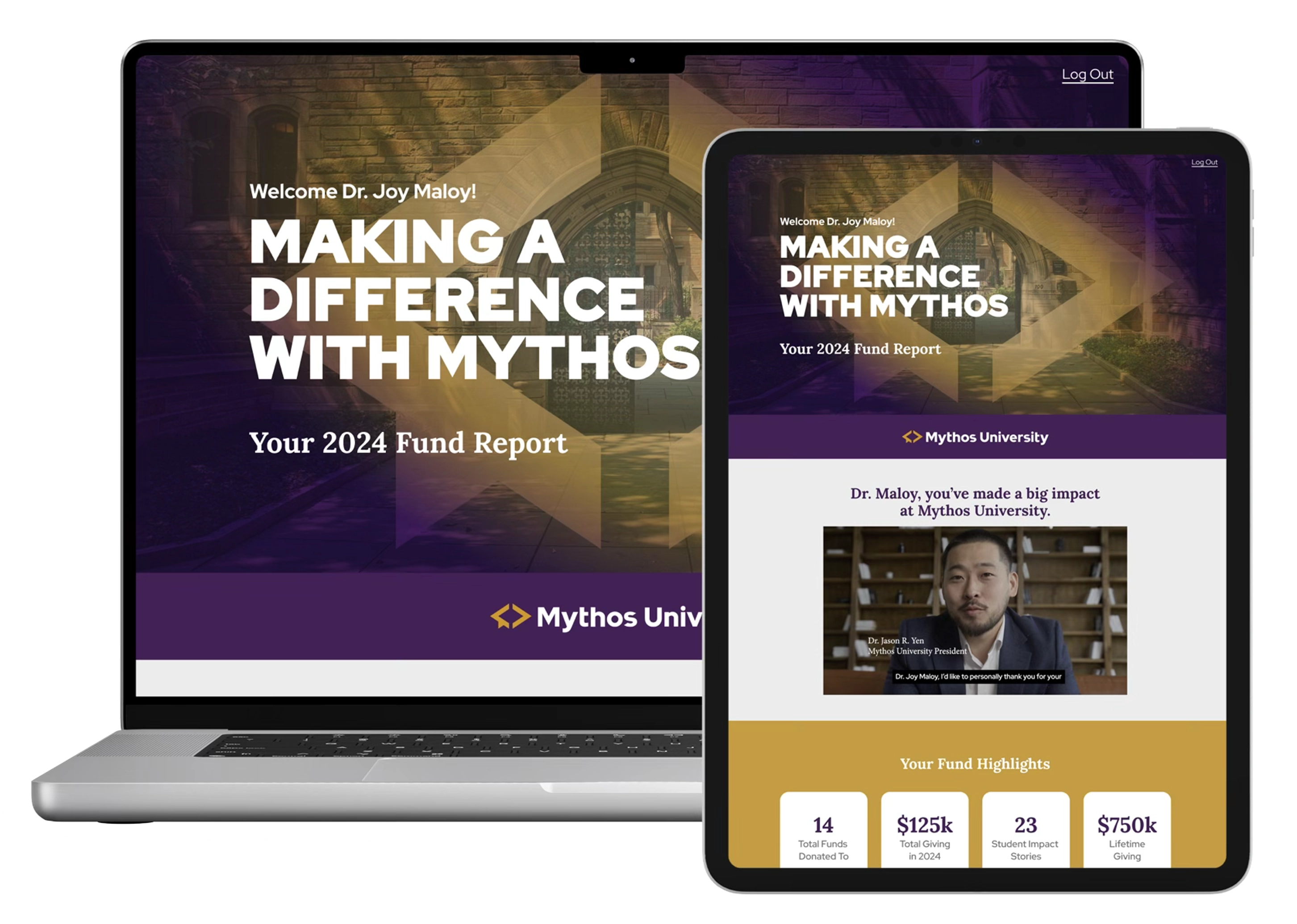Contrary to popular belief, Eve never handed Adam an “apple” in the Garden of Eden. This might be surprising to those of you who’ve never read The Book of Genesis, but the word apple is never mentioned in the text.
Stories are not static constructions. They are a device for communicating ideas that adapt both to the intent of the storyteller and to the environment in which they are being told.
So why does every Renaissance masterpiece depict an apple being picked from the tree of the knowledge of good and evil?
Stories are not static constructions. They are a device for communicating ideas that adapt both to the intent of the storyteller and to the environment in which they are being told. The plot, themes, and characters of timeless stories evolve over time.
Alicia Silverstone’s “Clueless” character was based on Jane Austen’s “Emma,” and “West Side Story” was a recreation of Shakespeare’s “Romeo and Juliet.” Allowing these stories and characters to grow into modern interpretations kept them alive. This is also true in historical works interpreted as literal accounts of our history—in books like the Bible. In that case, evolution of the Garden of Eden story occurred in the late 4th century.
The Bible was originally written in Greek, Hebrew and Aramaic. This met the needs of the small liturgical Christian community concentrated in the Eastern Mediterranean. The need for a translation became apparent, however, as Christianity moved westward to Latin-speaking areas.








